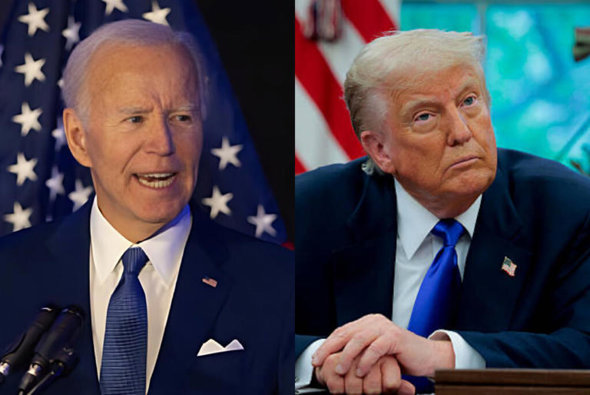
Trump Ends Digital Equity Act Over Legal Concerns
President Donald Trump has announced the termination of the "Digital Equity Act," a program introduced under the administration of former President Joe Biden. The initiative was designed to improve internet access for underserved and low-income communities across the United States.
In a post on Truth Social, Trump explained that he consulted with Secretary of Commerce Howard Lutnick before making the decision. Together, they concluded that the program was "totally unconstitutional." Trump criticized the initiative as a "racist and illegal $2.5 billion giveaway," framing it as an example of what he termed "woke handouts based on race."
The Digital Equity Act was part of a broader effort to bridge the digital divide by offering grants and resources to communities historically lacking reliable internet access. It was celebrated by supporters as a crucial step toward digital inclusion and economic opportunity for marginalized groups. However, critics—now led by Trump—argued that its implementation relied too heavily on race-based criteria, sparking legal and political controversy.
Trump’s move to dismantle the program underscores his administration’s broader push to roll back what it views as overreaches by previous Democratic policies. The announcement marks another flashpoint in ongoing debates about equity, access, and constitutional interpretation, with Trump reaffirming his stance against federally funded programs he believes unfairly prioritize certain groups based on race.
The Commerce Department has yet to release an official statement outlining the next steps for communities that were relying on Digital Equity Act grants. Meanwhile, policy experts and advocacy groups are expected to challenge the decision, citing the continued need for improved internet access in disadvantaged areas across the country.






